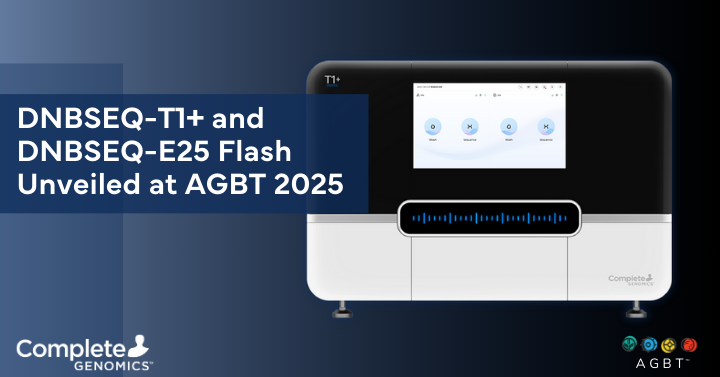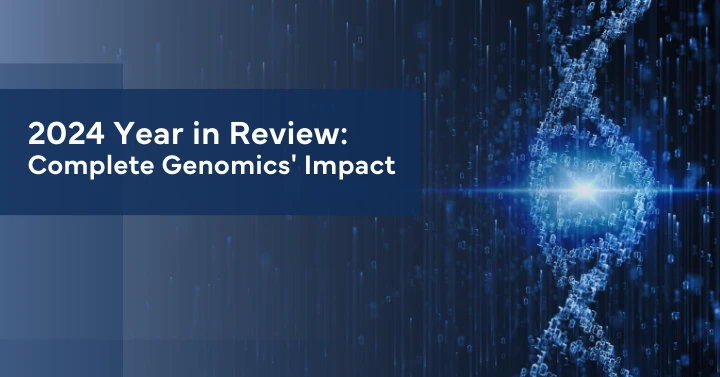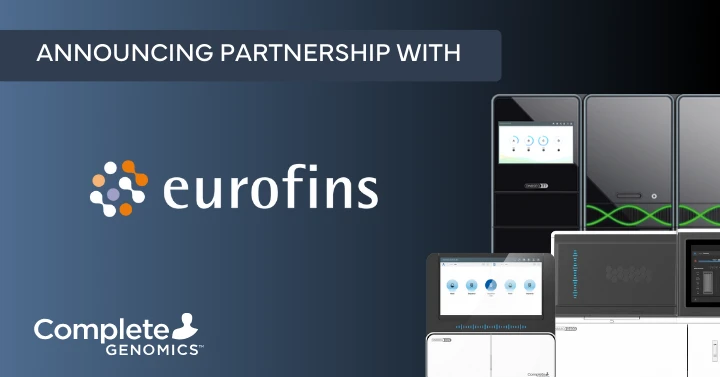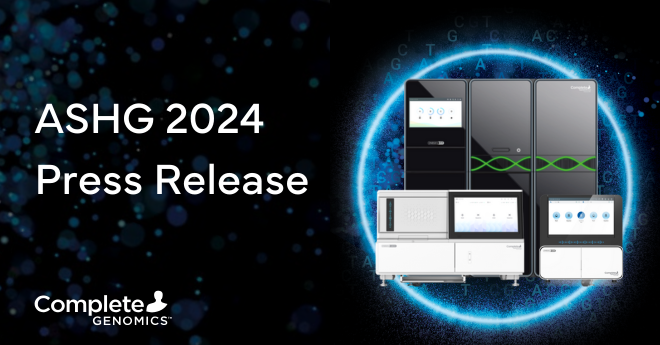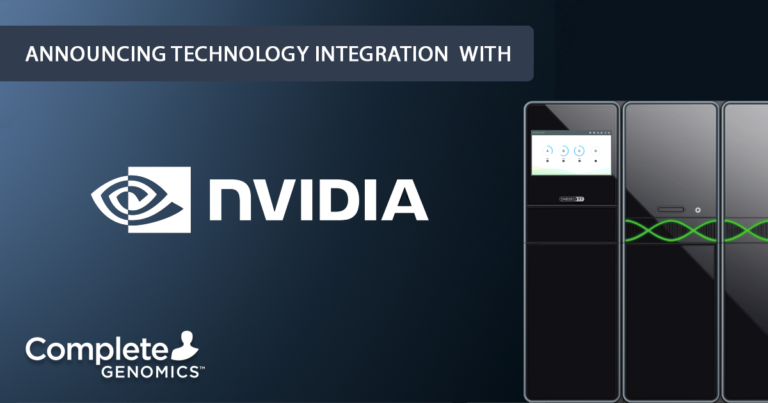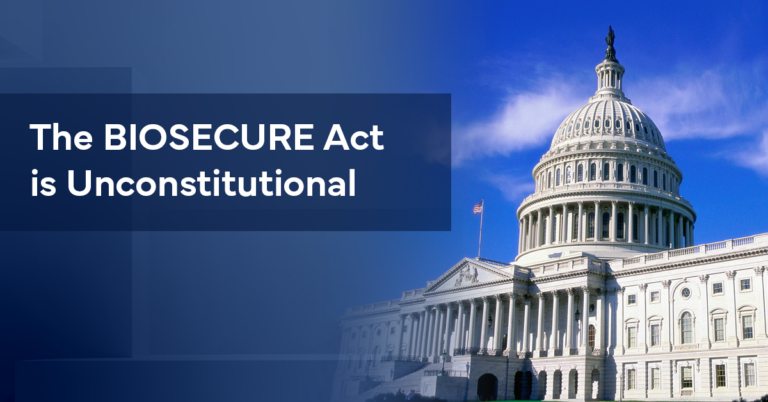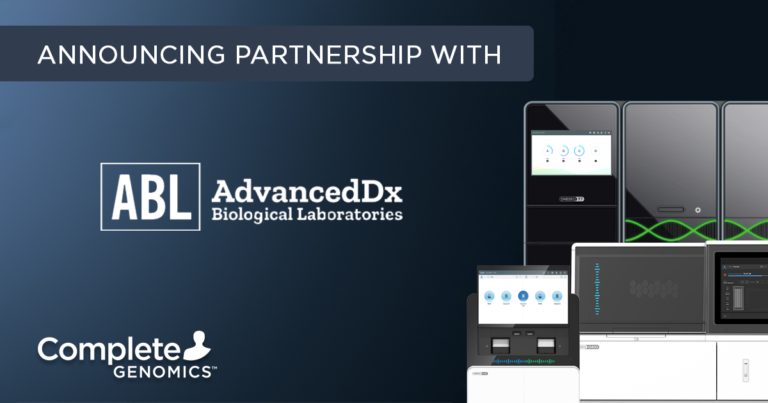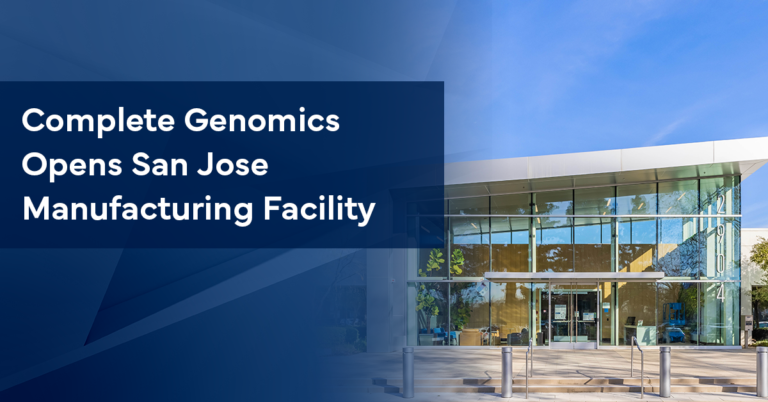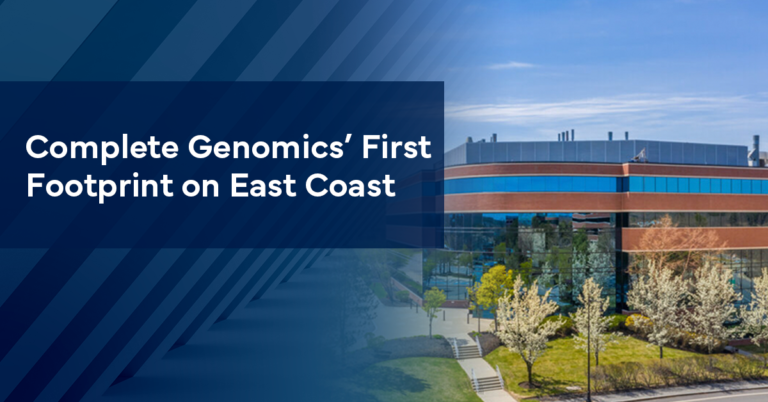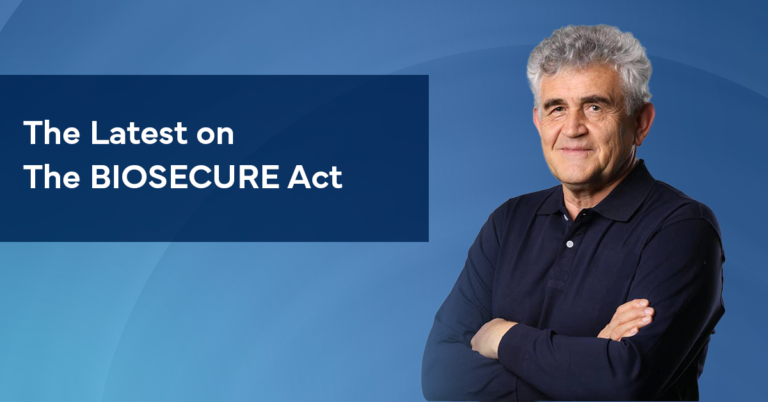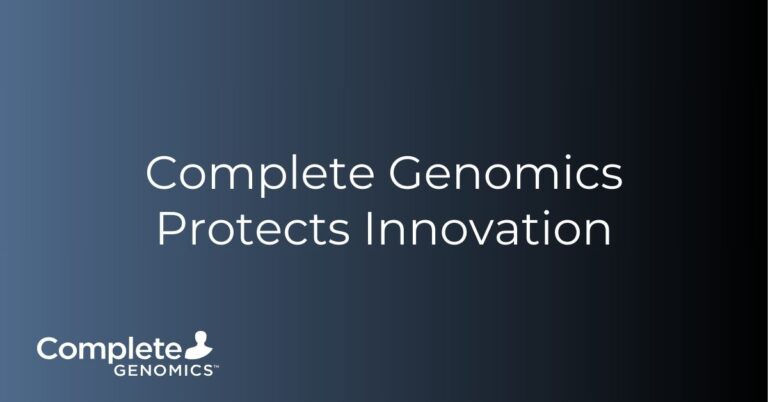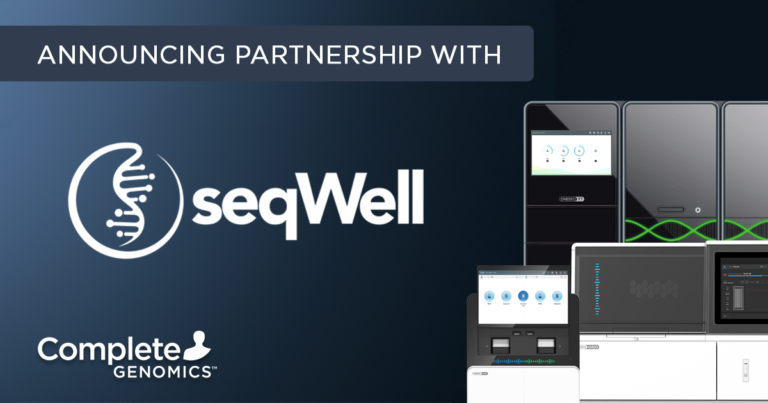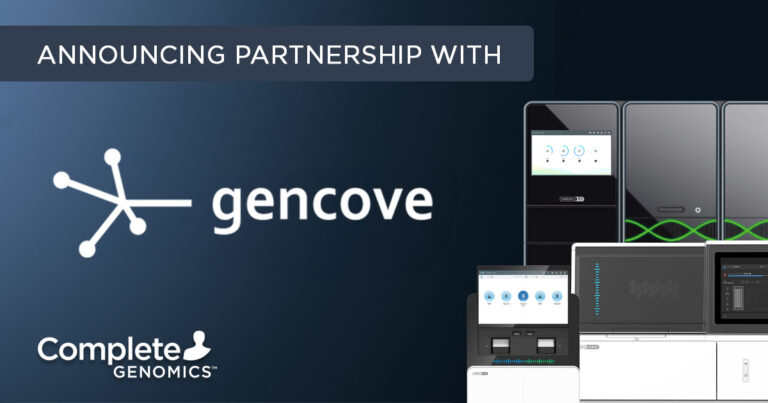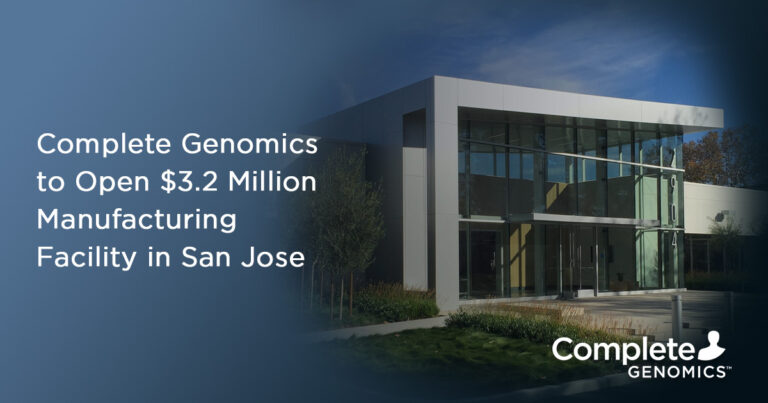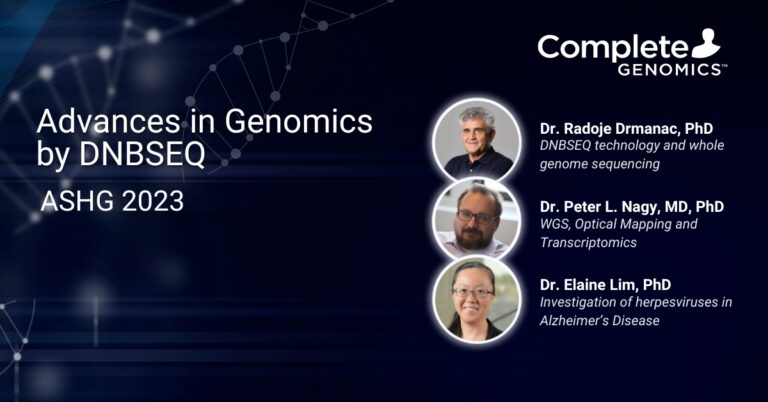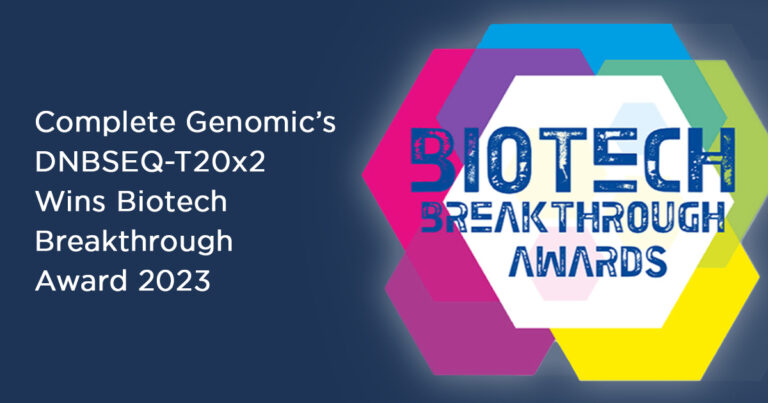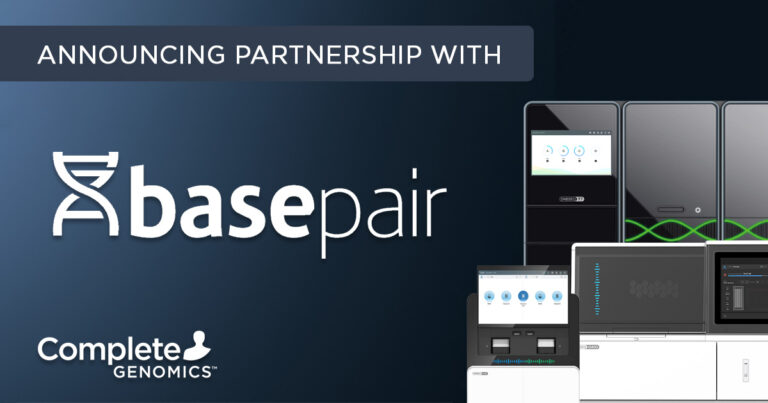The BIOSECURE Act Is Grounded in Misconceptions and Will Have Adverse Consequences
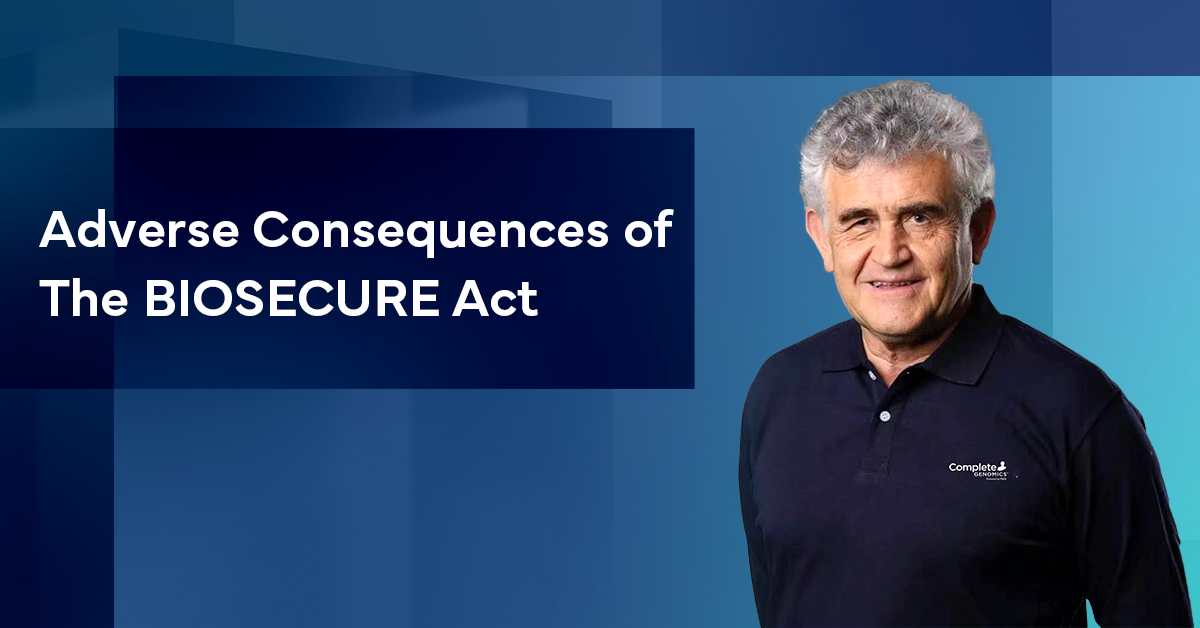
May 13, 2024
By Rade Drmanac
As a scientist, I’ve devoted my career to advancing genomic sequencing to help us better understand diseases that impact us all. Genomic sequencing is a major driver of prevention, diagnosis, treatments, and cures for devastating diseases like cancer and Alzheimer’s. It is also a valuable tool in agricultural research to help make farming more productive and sustainable. One estimate predicts that the global market for genomics will more than quadruple over the next decade to nearly $160 billion by 2033.
Science teaches us the importance of assessing data and facts before reaching conclusions, and to fully consider the benefits and risks of our recommendations. That’s why it saddens me to watch Congress do the opposite when it comes to tackling perceived threats to the security of personal DNA data. Not only do some of the Hill arguments lack validation or evidence, but they are also false and pose grave consequences.
A bill currently pending in Congress, the BIOSECURE Act, claims to protect Americans’ genetic data. It specifically names the company I founded in California, Complete Genomics, and would prohibit U.S. institutions that receive federal money from purchasing our next generation sequencers, which provide genomic data at higher quality and lower cost. Supporters of the legislation claim they took the unusual step of naming my company because we are alleged – falsely – to be subsidiaries of BGI, an enterprise the Pentagon designated as connected to China’s military. Bill proponents claim that by this unjustified association alone, we pose a data security risk.
These allegations are patently false.
Complete Genomics and MGI, our parent company, manufacture and sell sequencing instruments to researchers and laboratories. Neither company provides sequencing services nor has access to the personal DNA data that is generated by researchers and labs. Thus, our companies pose no data security risks as we don’t collect, let alone maintain, personal genetic data, and our sequencers are not connected over the Internet to any external servers. Furthermore, the sequencers sold by Complete Genomics in the U.S. are maintained by a professional U.S. field service team.
Supporters of the BIOSECURE Act also tell a very misleading story about our ownership. While it is true that Complete Genomics and MGI were previously subsidiaries of BGI, that changed in September of 2022, when MGI became an independent, publicly traded company on the Shanghai Stock Exchange. Today, Complete Genomics is 100% owned by MGI and these two companies have their own management, employees and assets. Neither is a subsidiary of BGI which has no direct investment in MGI.
Importantly, the U.S. government, through the Committee for Foreign Investment in the U.S. (CFIUS), examined the sale of our company to BGI in 2012 and approved the transaction, finding no national security concerns.
Still, critics continue to repeat outdated and inaccurate information to support this legislation. As a pioneer in genomic technologies, I’m troubled by the serious consequences these misconceptions will trigger. Imagine the impact if America cannot access novel cutting-edge sequencers but the rest of the world can. Limiting our market access also will further strengthen the monopoly power of the industry leader, which has lobbied for this bill and been the target of multiple Federal Trade Commission (FTC) actions to protect competition in this vital market. Diminished competition will only lead to higher prices, stifle innovation, increase barriers to entry and delay vital health treatments.
Additionally, one other company targeted in the BIOSECURE Act already has caused a scramble in the pharmaceutical industry to find other sources of ingredients for their medicines and support for their clinical trials, which could lead to medicine shortages and delays in bringing new cures to market.
My company understands and supports the importance of keeping personal DNA data secure. But the way to do that is through uniform standards that would apply to all companies with access to this data – much as HIPAA already protects health information and the pending American Privacy Rights Act proposes to protect a broader array of data. As it stands, the BIOSECURE Act targets companies without access to data while placing no limits at all on other companies that possess huge libraries of it, including some that even sell this information. That will not make our DNA data more secure, but restricting the most advanced sequencers from the U.S. market will threaten, slow, and increase the cost of the dynamic discovery and promise genomic research can provide. That could mean the difference between discovering a new cure and having countless patients continue to suffer or die.
Mr. Rade Drmanac is the founder of Complete Genomics and serves today as its Chief Science Officer. His home address is: 27635 Red Rock Road, Los Altos Hills, CA 94022. He can be reached at 408-838-9539.
The BIOSECURE Act Is Ground In Misconceptions | RealClearMarkets
Subscribe for exclusive content and expert insights.

